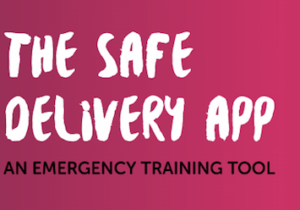News
Danish birthing app saving lives in developing countries
This article is more than 9 years old.
Midwives using app to assist them with complicated births

This app is saving lives (photo: Maternity Foundation)
A Danish-developed birthing app is helping midwives in developing countries with complicated births.
In many less developed countries, a birth is a dangerous and complicated affair, which, at its worst can result in death for mother and child. Deaths could often be avoided if the women had received qualified help.
Innovation saving lives
That help is now available in the form of the Danish Safe Delivery App. The app has shown impressive results, and has been selected as one of the ten most innovative app’s in improving women’s health.
The app uses videos and animations to show steps to take if a mother suffers complications during birth.
The app was developed by the Danish NGO Maternity Foundation in collaboration with the University of Copenhagen and the University of Southern Denmark.
READ MORE: Denmark gives millions to amplify women’s rights
More countries getting onboard
Maternity Foundation director Anna Frellsen said that app has shown great potential,
“The app has already shown good results in Ethiopia and we are pleased that it has now been rolled out across Africa and southeast Asia,” Frellsen told DR Nyheder.
The app will be presented today at the women’s conference Women Deliver 2016 currently being held at the Bella Center in Copenhagen.






































